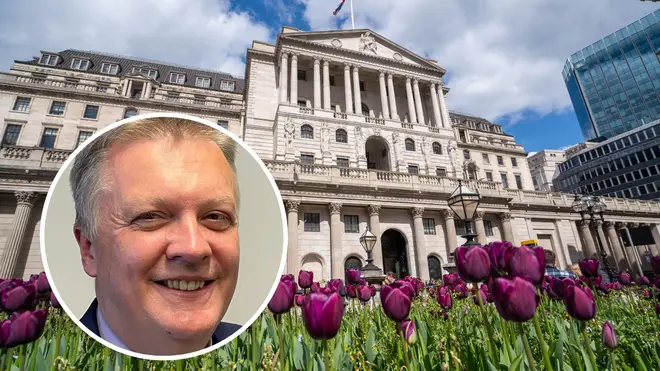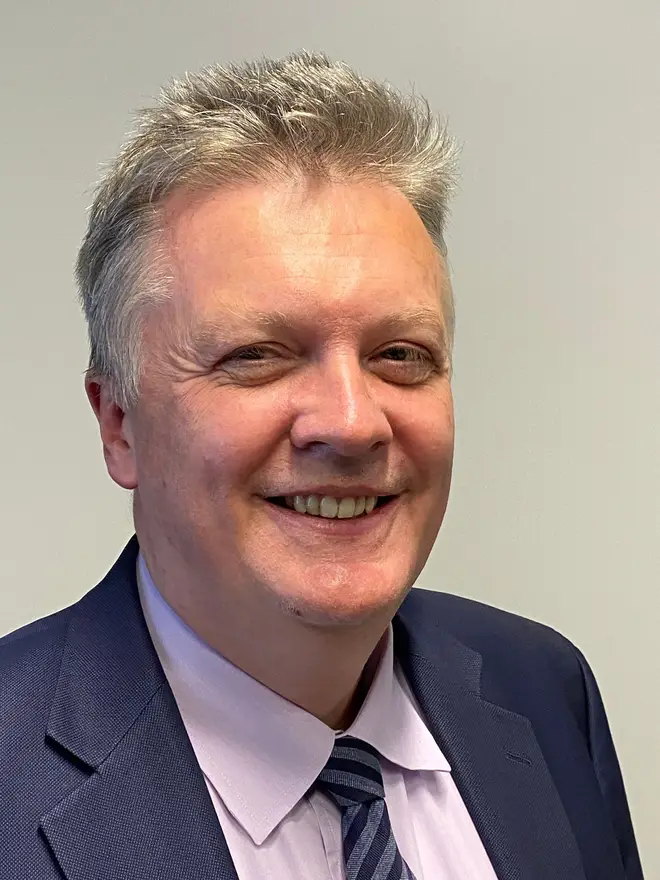
Nick Abbot 10pm - 1am
25 April 2023, 19:18 | Updated: 25 April 2023, 19:26

Brits need to accept they are poorer after spiralling inflation, the Bank of England's chief economist has said.
Huw Pill warned that inflation is actually being fuelled by people who have not yet accepted they can't spend as much money as before now prices are higher.
He said Britain's poorer state was inevitable after the spike in energy costs after Russia invaded Ukraine – saying that the cost of importing gas then impacts the cost of "what you're selling" – services, in the UK's case.
"You don't need to be much of an economist to realise that if what you're buying has gone up a lot relative to what you're selling, you're going to be worse off," he said.
"So, somehow in the UK, someone needs to accept that they're worse off and stop trying to maintain their real spending power by bidding up prices whether through higher wages or passing energy costs on to customers."
Read more: Supermarkets say food prices will stop rising after food costs reach 45-year high

He compared the inflation trap he described to a game of pass the parcel and said the costs needed to be shared by all.
Mr Pill told Columbia Law School’s Beyond Unprecedented podcast: "What we're facing now is that reluctance to accept that, yes, we're all worse off and we all have to take our share; to try and pass that cost onto one of our compatriots and saying, 'we'll be alright, but they will have to take our share too'.
Read more: Jeremy Hunt tries to calm inflation fears after food prices rise to 45-year high
"That pass-the-parcel game that's going on here, that game is one that's generating inflation, and that part of inflation can persist."
The Bank of England has hiked interest rates 11 times in a row, taking them to 4.25% in a bid to slow down price rises.
In the year to March, the consumer prices index was at 10.1%, down from 10.4%. Rishi Sunak has pledged to halve inflation this year.
Food prices are at a 45-year high after bread, cereal and chocolate products got more expensive.
The main driver, however, has been energy prices. The return to normality after Covid lockdowns drove up the price of oil and gas.
Russia's invasion of Ukraine, which has forced countries to reduce their reliance on Moscow's supply of energy, has made it worse.
Previously, the governor of the Bank of England, Andrew Bailey, caused controversy when he said big earners should "think and reflect" before asking for large pay rises.
Mr Bailey, who earns £570,000 a year, said they could end up fuelling inflation.